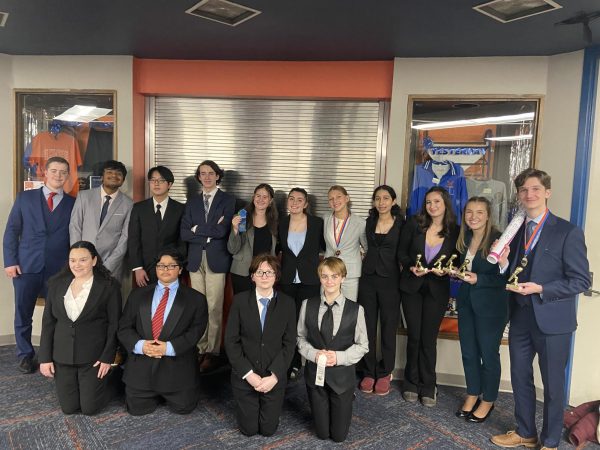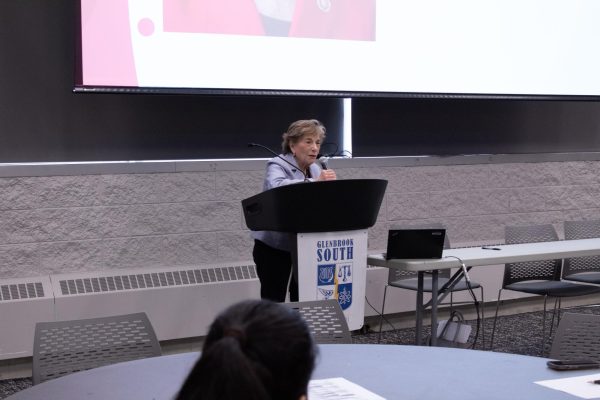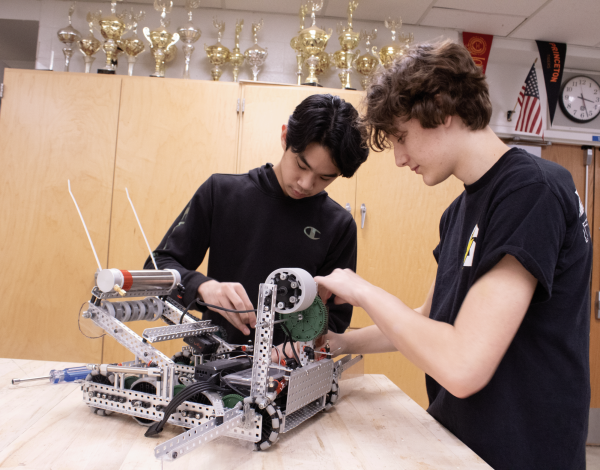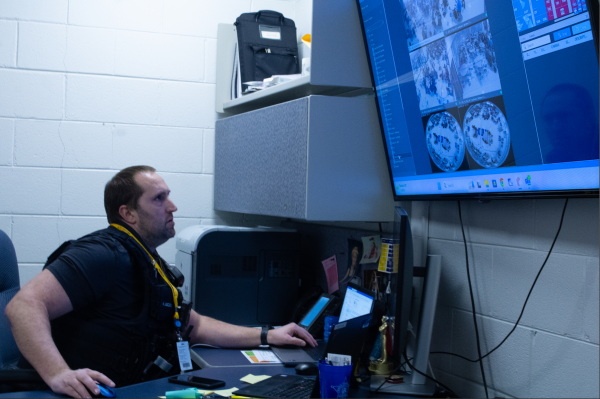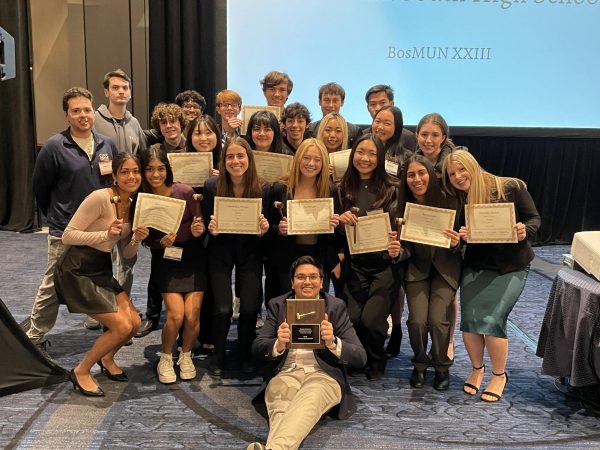World Within Reach: Putin Bombs Syria
November 20, 2015
On Sept. 30, Russian fighter planes, by permission from President Vladimir Putin, bombed Syria. Although he had managed to hit hotspots with ISIS members, Putin had also aimed to attack the U.S.-supported Free Syrian Army. Putin explains this as a tactic that will help settle the political turmoil in the country. President Barack Obama believes otherwise, saying that the strengthening of the Syrian President Bashar al-Assad would instead cause more unrest. Although Russia shows reliability and capability for new allies, relations begin to diminish for Russia in the Middle East, because of cold relations with the Sunni-Muslim majority population and existent major financial investments in Syria. The Russian bombing created controversy over the country’s intent and their future plans for Russia as well as its alliance with Assad.
Russian fighter jets bombed ISIS but they were also targeted at Free Syrian forces, who have been attempting to depose Assad from power since 2012. President Obama believes that instead of fighting ISIS, Putin is using his forces to support Assad and his government to protect Russian interests in Syria and to avoid a U.S. supported government in Syria instead. Putin defends his bombing of the Free Syrian Army by claiming that through supporting the current Syrian government, Syria can focus its energy on defeating ISIS rather than fighting itself internally.
President Obama, however, argues that the U.S. is trying to take leadership in guiding Syria to creating a stable, democratic government while Russia is not being a proper leader and is only pumping its own resources into Syria to keep its sole ally from collapsing. Lack of other Middle Eastern allies results in Russian dependency on its alliance with Syria in order to maintain a Russian naval port on the Mediterranean.
The Russian public approval of Putin’s air strikes are also seen through recorded results on a national poll taken by Russians on Putin’s various political decisions. Rates of approval for Putin’s actions rose above 80 percent after the Russian annexation of Ukraine’s Crimea region and have reached 89.9 percent after the Syrian air strikes.
Putin also argues that resisting U.S. efforts for a democracy in Syria can help stop the occurrence of a situation similar to Libya in 2011 when the U.S. had attacked Libya to remove Moammar Gaddafi from power and to instill a more democratic governmental system. This had led to the loss of business deals between Libya and Russia. Putin said that the U.S. interpretation of democracy for Syria after deposing Assad will not be an actual democracy, but a way to transform Syria into an image of the U.S. to support U.S interests.





